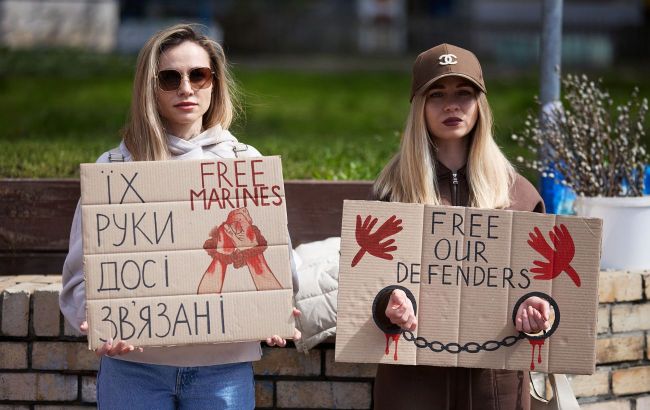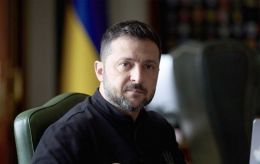Russia and Ukraine may conduct Easter prisoner exchange: Details from media
 Illustrative photo: Russia and Ukraine may conduct an Easter prisoner exchange (Getty Images)
Illustrative photo: Russia and Ukraine may conduct an Easter prisoner exchange (Getty Images)
Ukraine and the Russian Federation may carry out another prisoner exchange with the mediation of the United Arab Emirates, Sky News reports.
According to media sources, 246 prisoners from each side will take part in the exchange.
In total, around 500 Russian and Ukrainian prisoners, as well as 46 wounded soldiers, will be exchanged.
Previous exchanges
Since the start of the full-scale war, Ukraine and Russia have carried out around 60 prisoner exchanges. More than 3,500 Ukrainians have been returned from Russian captivity.
One of the largest exchanges took place on December 30, 2024, when Ukraine brought back 189 of its citizens from Russian captivity. Among them were defenders of Azovstal and Mariupol, the Chornobyl Nuclear Power Plant, Snake Island, and others from various frontlines.
Another exchange was carried out on January 15. At that time, Ukraine returned 25 of its citizens from Russian captivity. They had severe injuries and illnesses. Among those freed were defenders of Mariupol and Azovstal, as well as a civilian.
On February 5, Ukraine brought back 150 citizens from Russian captivity, including soldiers, sergeants, and officers.
The most recent exchange took place on March 19, when 175 defenders returned from enemy captivity. An additional 22 defenders were brought home through measures outside of formal exchanges. It was later revealed that six servicemen from the Azov 12th Special Purpose Brigade were among those freed from Russian captivity.
It is worth noting that President Volodymyr Zelenskyy believes the first step toward peace should be the exchange of all prisoners. Ukraine is ready for a fair approach — "all for all."
Earlier, RBC-Ukraine reported that Ukraine had managed to negotiate a separate mechanism for the return of severely wounded and gravely ill citizens from Russian captivity.
The Coordination Headquarters for the Treatment of Prisoners of War emphasizes that under the Third Geneva Convention, the severely ill and wounded must be repatriated first.

